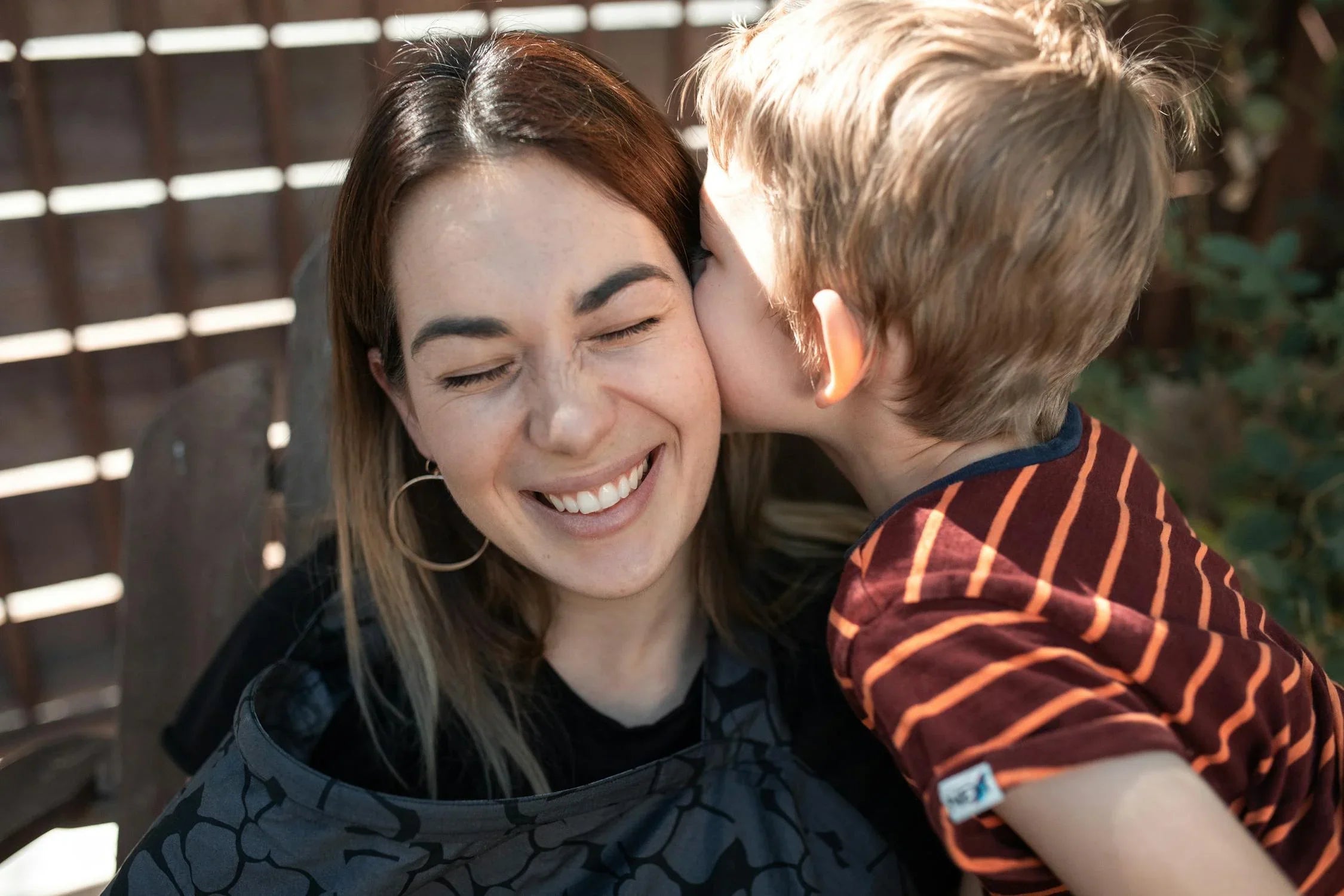Home
Pregnancy, Breastfeeding, and Pumping: The Ultimate Guide for Moms
When Is It Too Late to Take a Pregnancy Test?

When Is It Too Late to Take a Pregnancy Test?
Pregnancy tests are a crucial tool for women who suspect they might be pregnant. However, timing is everything when it comes to getting an accurate result. Understanding when it is too late to take a pregnancy test can help you make informed decisions about your health and future.
Understanding Pregnancy Tests
Pregnancy tests work by detecting the presence of human chorionic gonadotropin (hCG), a hormone produced during pregnancy. There are two main types of pregnancy tests: urine tests and blood tests. Urine tests are the most common and can be done at home, while blood tests are typically performed in a healthcare setting.
When to Take a Pregnancy Test
The best time to take a pregnancy test is after you have missed your period. This is because hCG levels are usually high enough to be detected by a test at this point. However, some tests claim to be able to detect pregnancy as early as six days before a missed period. While this is possible, the accuracy of these early tests can vary.
Factors Affecting Test Accuracy
Several factors can influence the accuracy of a pregnancy test. These include the sensitivity of the test, the time of day the test is taken, and how well the test instructions are followed. Drinking too much liquid before taking a test can dilute your urine and lower hCG levels, potentially leading to a false negative result.
When Is It Too Late to Take a Pregnancy Test?
In most cases, it is never too late to take a pregnancy test. However, if you have already confirmed your pregnancy through a previous test or medical examination, taking another test may not provide any new information. Additionally, if you are experiencing symptoms of pregnancy but continue to receive negative test results, it is important to consult a healthcare professional for further evaluation.
What to Do If You Get a Negative Result
If you receive a negative result but still suspect you might be pregnant, consider waiting a few days and taking another test. hCG levels double every 48 to 72 hours in early pregnancy, so waiting can increase the likelihood of an accurate result. If you continue to receive negative results but experience pregnancy symptoms, seek medical advice.
When to See a Doctor
If you have taken multiple pregnancy tests with varying results, or if you are experiencing unusual symptoms, it is important to see a doctor. They can perform a blood test, which is more sensitive than a urine test, and provide a definitive answer. Additionally, a healthcare provider can offer guidance on next steps, whether you are pregnant or not.
Understanding when it is too late to take a pregnancy test can help you navigate this important aspect of your health. By knowing the best time to test and the factors that can affect accuracy, you can make informed decisions and seek the appropriate care when needed.
Share
